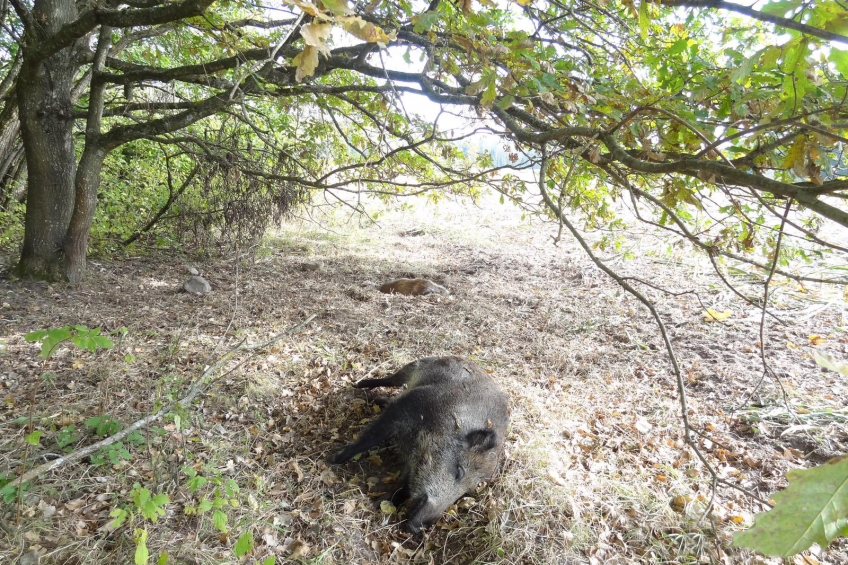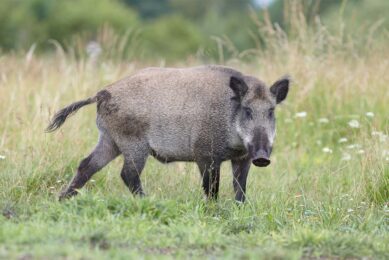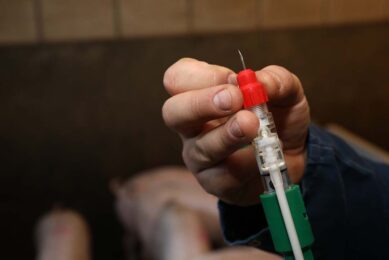Baltic States continue to struggle with ASF

Latvia, Estonia and Lithuania continue to struggle with outbreaks of African Swine Fever (ASF). In Latvia, the virus was identified not far from the country’s capital Riga.
A report from the Latvian Food and Veterinary Service (FVS), early July, stated that between July 4 and July 8, the country reported the discovery of 39 infected wild boars. Some of these were about 40 km away from Riga. The report states that, since the beginning of the year, the disease has already been found in 560 boars in 54 districts of the country.
The veterinary service said that the threat of further ASF growth is partly related to the virus spreading in neighbouring countries Lithuania and Estonia, while recent outbreaks force the country to expand quarantine zones.
Situation in Estonia
On July 1, Estonia’s Veterinary and Food Board (VFI) reported the identification of the first ASF outbreak on a pig farm since autumn 2015. The outbreak occurred in Jogevamaa district; the exact location of the farm was not disclosed. It was the first time an outbreak was registered in central Estonia, as previously most dead wild boars and outbreaks among pigs at the farm had been in the country’s East.
On July 2, Estonia’s VFI reported the discovery of another case of ASF in the same district.
More pig farms potentially in danger
In a separate press release, Olevni Kalda, Estonian head of the VFI, explained that in the quarantine zone there are 2 more pig farms, potentially in great danger. He once again called all pig farmers in the country to comply with all veterinary and safety rules of pig keeping, since this is the only possible way to constrain the spread of ASF.
Situation in Lithuania
A relatively similar situation is currently taking place in Lithuania, where the State Food and Veterinary Service (SFVS) reported late June about the discovery of this year’s first on-farm ASF infection, in the Elektrenai district.
Urgent measures applied by SFVS did not succeed, as on July 5, the disease spread to the neighbouring Anyksciai district, where it was discovered at another small farm. Both farms had a population of only several pigs – all were culled.
Russia speaks out
The sharp rise in the number of outbreaks in the Baltic States are a cause for concern for Russia’s veterinary body Rosselkhoznadzor. In a recent press release it said that the “spread of ASF in the EU is gaining momentum and is obviously making its way west”.
At the same time, according to official information from Rosselkhoznadzor since the beginning of the year in the country, 37 outbreaks of ASF have occurred on pig farms in 7 regions across the country. This makes the current year one of the worst so far in terms of the fight against the virus in Russia.
 Beheer
Beheer








 WP Admin
WP Admin  Bewerk bericht
Bewerk bericht